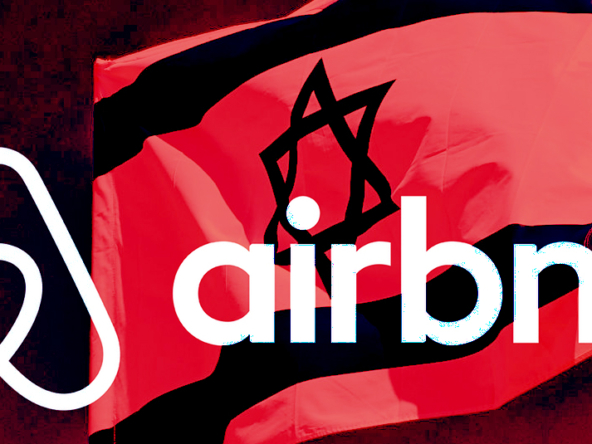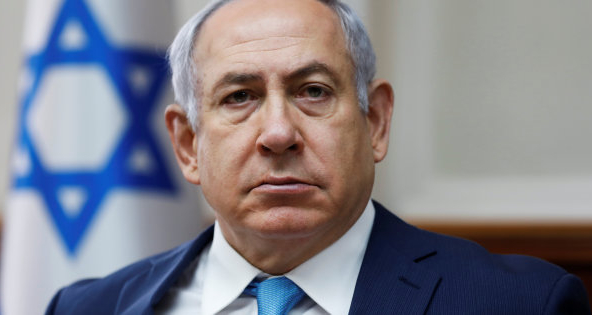After years of legal battles, the Israeli Supreme Court gave the green light in early September for the demolition of the Bedouin village of Khan al-Ahmar, a village made of metal and canvas where nearly 200 Bedouins live east of Jerusalem, caught between two Israeli settlements.
Israel on Sunday asked the residents of the illegal Bedouin village of Khan al-Ahmar in the West Bank to demolish “all structures on the site” by October 1.
After years of legal battles and several relocation proposals, the Israeli Supreme Court gave the green light in early September for the demolition of Khan al-Ahmar, this hamlet of 200 residents built illegally and mainly consisting of makeshift, unsanitary housing, as is generally the case with Bedouin villages in the region.
“Following the Supreme Court’s decision, the residents of Khan al-Ahmar were ordered on Sunday to destroy all structures on the site before October 1,” a statement from Cogat, the Israeli body responsible for civil affairs in the Palestinian territories, specified.
“No one will leave; you will have to expel us by force,” said Eid Abou Khamis, a spokesperson for the village contacted by phone. If Khan al-Ahmar is demolished, “it will only be by force,” he added.
Earlier this month, the European Parliament adopted a resolution strongly condemning the Israeli decision to demolish the Bedouin village and called on the Hebrew state for compensation for the destruction of its structures.
The President of the Palestinian Authority (PA), Mahmoud Abbas, recently stated that he would go before the International Court of Justice due to the planned destruction of the Bedouin village of Khan al-Ahmar in the West Bank.
The state has indicated that the structures – mainly tents and makeshift huts – were built without permits and pose a threat to the village residents due to their proximity to a highway.
But the villagers – who have been on the site since the 1950s, when it was still under the control of the West Bank, after the state evicted them from their homes in the Negev – say they had no other choice but to build without Israeli authorization, as such permits are almost never granted to Palestinians wishing to build in certain parts of the West Bank where Israel has decision-making power over civil affairs.



